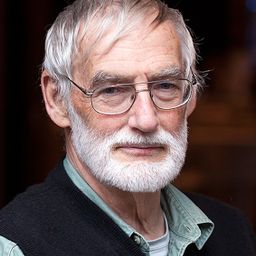Lundi 24 Mai, 2021
The phenomenon of climate change is still characterized by large uncertainty and ambiguous vocabulary. Thus rational discussion is difficult. In this workshop, Professor Meadows will discuss the theory and demonstrate the practice of using simple, manual games easily to convey important features of climate change.Dennis Meadows, et. al., The Climate Change Playbook, Chelsea Green Publishing, White River Junction, VT 2016.Chapter 4: ”Why Systems Surprise Us,”...
During the Covid-19 pandemic, public debates about the validity of scientific findings and the value of science have intensified, as some Americans have actively resisted and even denied the legitimacy of scientific guidance about how to address the disease. What are the social and psychological drivers of public skepticism about science? How can skeptics be convinced otherwise? How do we evaluate the role of facts, of political affinity, and of personal identity in the rejection of scientifi...
Cognitive science is the interdisciplinary study of mind, embracing psychology, computer modeling, neuroscience, linguistics, anthropology, and philosophy. Its intellectual roots are in the 1950s when cognitive psychology and artificial intelligence began. Its organizational roots are in the 1970s when the term “cognitive science” was introduced and the Cognitive Science Society was formed. Cognitive science combines ideas and methods from multiple fields to address important questions about ...
Over the last several years, there has been an explosion of interest and attention devoted to the problem of Uncertainty Quantification (UQ) in climate science—that is, to giving quantitative estimates of the degree of uncertainty associated with the predictions of global and regional climate models. The technical challenges associated with this project are formidable, and so the statistical community has understandably devoted itself primarily to overcoming them. But even as these technical ...





